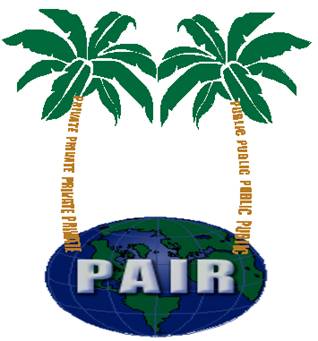How is a patent
infringed? How is a claim for patent infringement made and what remedies are
available?
Conditions for infringement
Under
Indian patent law, the patentee is conferred the following exclusive rights:
·
For product patents:
o
making;
o
using;
o
offering for sale;
o
selling; or
o
Importing for those purposes that product in India.
·
For process patents:
o
using that process;
o
offering for sale;
o
selling; or
o
Importing for those purposes the product obtained directly by that
process in India.
Any
unauthorised act by a third party infringing upon the patentee's exclusive
rights amounts to infringement of the patent. Further, Indian courts have
recognised the "doctrine of equivalents" and have adopted the test of
"pith and marrow" of the invention to ascertain infringement. For
example, in TVS Motor Company Ltd v Bajaj Auto
Ltd, 2009 (40) PTC 689(Mad),
it was held that in construing an allegation of infringement, what is to be
considered is whether the alleged infringement took the substance of the
invention ignoring the fact as to omission of certain parts or addition of
certain parts.
Claim and remedies
A claim
for patent infringement can be made by filing a civil lawsuit before the
District Court or courts superior to the District Court.
The
following reliefs are available under the Patents Act against a patent
infringer:
·
Permanent injunction.
·
Damages or an account of profits.
·
Seizure, forfeiture or destruction of infringing goods, or
materials and implements predominantly used to create the infringing goods.
·
Litigation costs.
.



















 Posted in:
Posted in: 





















